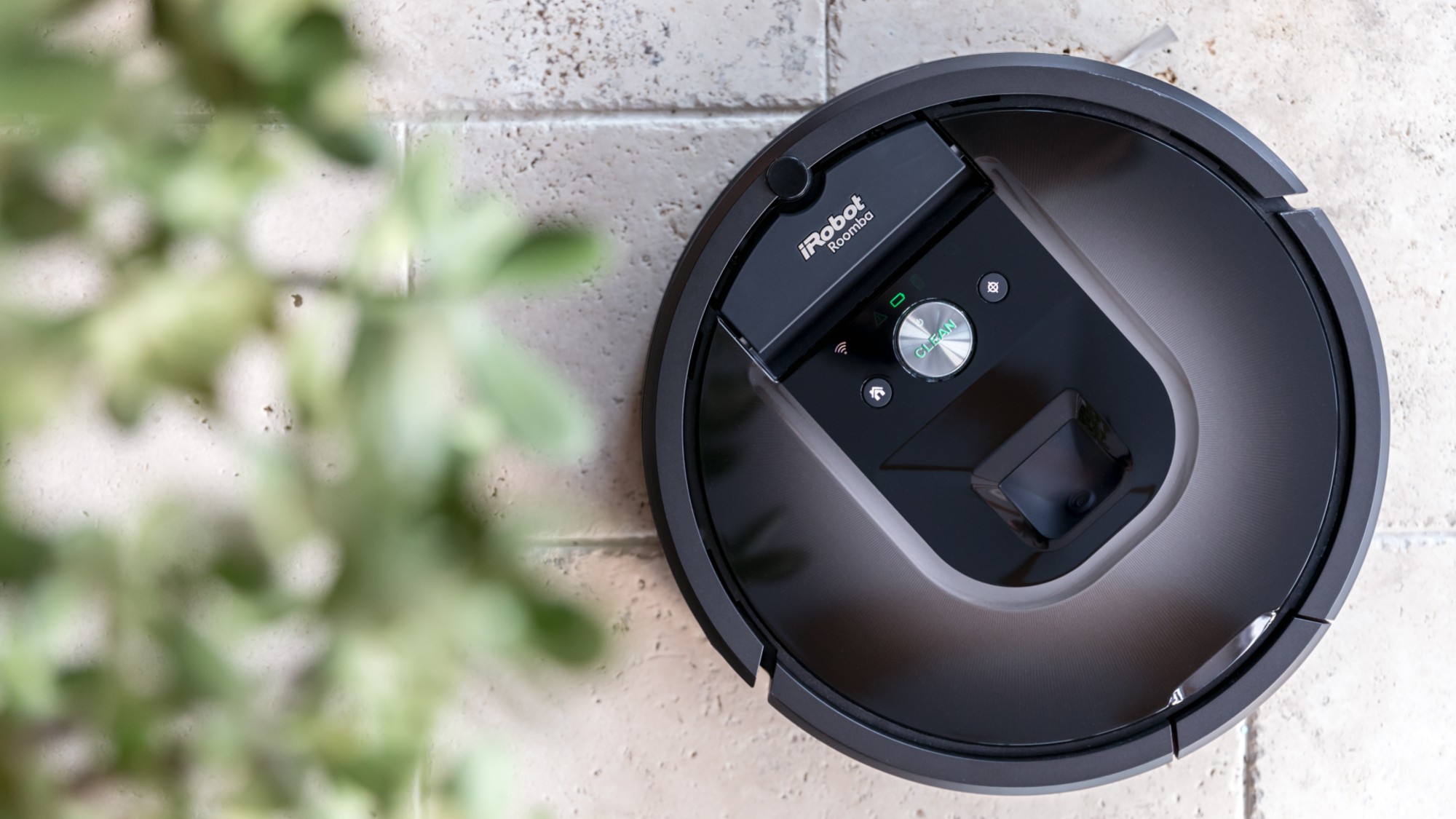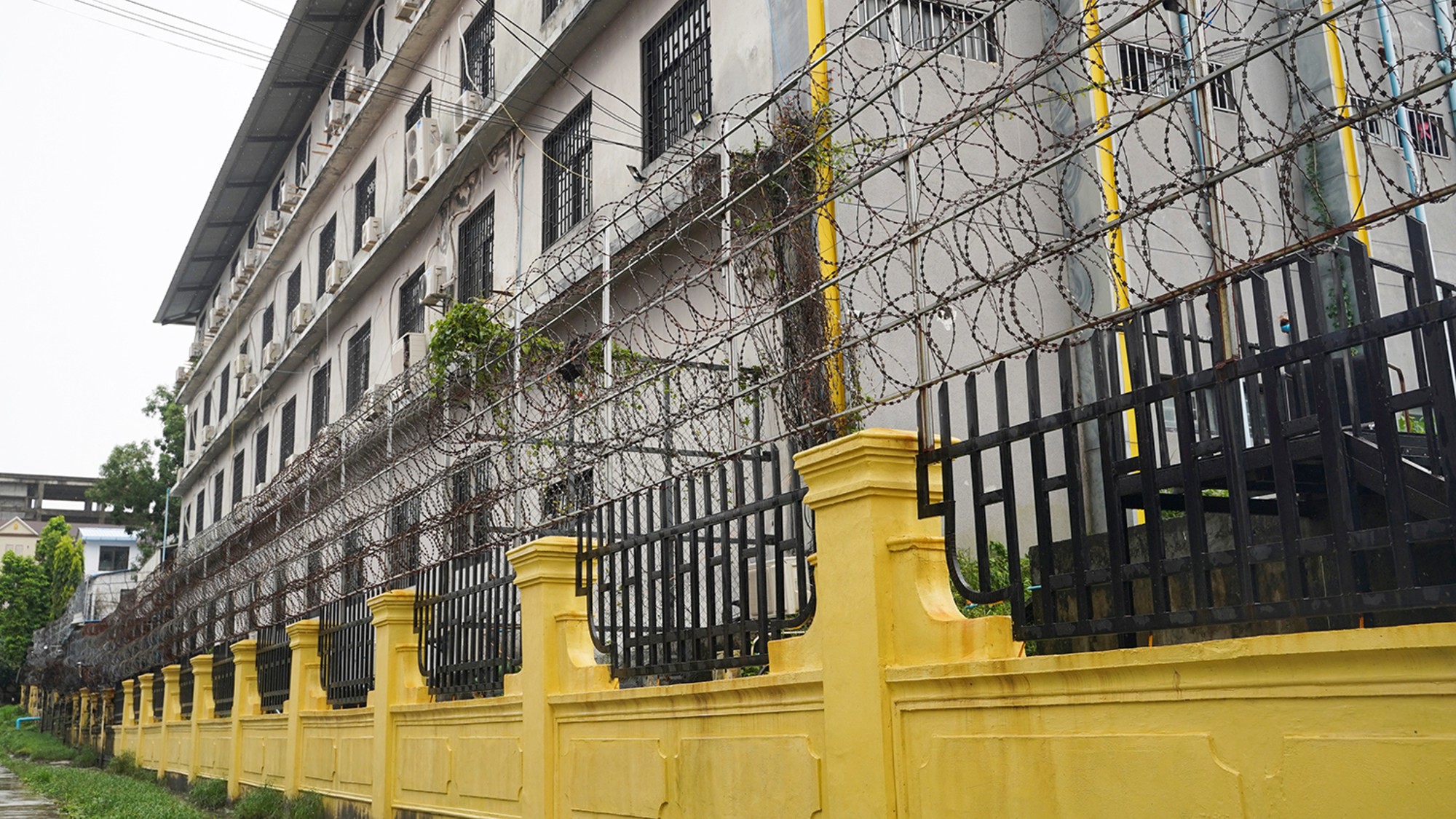Airplane crash-detection systems could be vulnerable to hackers
'The idea scares the shit out of me,' one pilot said


A free daily email with the biggest news stories of the day – and the best features from TheWeek.com
You are now subscribed
Your newsletter sign-up was successful
Aviation experts across the U.S. are warning that hackers could create a new risk for fliers: The system used on airplanes to warn pilots of impending collisions is vulnerable to attack. This announcement adds a new element to an aviation industry that has had a slew of recent problems, including the fatal crash in Washington, D.C., earlier this year and a series of blackouts at New Jersey's Newark Liberty International Airport.
The system in question has long been used to avoid collisions in the skies and is standard on modern airplanes. But this new vulnerability has some pilots worried.
What is this system?
The Traffic Collision Avoidance System (TCAS) is required on all U.S. passenger airplanes and "alerts pilots when two aircraft come dangerously close to each other," said The New York Times. If the two airplanes come within a certain proximity, TCAS "will alert pilots to a possible crash by instructing them to redirect their aircraft, either by climbing or descending."
The Week
Escape your echo chamber. Get the facts behind the news, plus analysis from multiple perspectives.

Sign up for The Week's Free Newsletters
From our morning news briefing to a weekly Good News Newsletter, get the best of The Week delivered directly to your inbox.
From our morning news briefing to a weekly Good News Newsletter, get the best of The Week delivered directly to your inbox.
The system is not perfect, as evidenced by the mid-air crash in Washington, D.C., in January, which "sparked urgent concerns about air traffic safety" and made people question if TCAS "failed to warn the pilots of the jetliner in time," said Newsweek. Nonetheless, TCAS is a key safety feature, as the system "has been in use for decades and experts say it has significantly reduced collisions," said the Times.
How vulnerable is the system?
If hackers were to gain access to an airplane's TCAS, the "successful exploitation of these vulnerabilities could allow an attacker to manipulate safety systems and cause a denial-of-service condition," said the Cybersecurity and Infrastructure Security Agency. Hackers may be able to generate "spoofed location data" that could "lead to the appearance of fake aircraft on displays and potentially trigger undesired" TCAS warnings.
There are several unconfirmed instances in which this may have already happened. During one notable event on March 1, "more than a dozen planes inbound for Reagan [National Airport] experienced" TCAS warnings, said Intelligencer. As the planes flew closer to the airport, several "audio alarms unexpectedly went off: 'Traffic, traffic!' or 'Descend, descend!'" But the "flight crews realized that nothing was there. Visibility was good." This wasn't unprecedented, as "civil aviation around the world has experienced a growing number of similarly troubling incidents."
The "half-dozen airliners who received the alerts in short succession reacted as they had been trained to do: They followed the computer-generated commands that told them to climb or dive," said The Telegraph. Pilots are worried that the TCAS which "falsely told those pilots that a collision was imminent was not only deliberately spoofed," but that "malicious people around the world" may have been responsible.
A free daily email with the biggest news stories of the day – and the best features from TheWeek.com
The idea of a TCAS hack "scares the shit out of me," one pilot told The Telegraph. Still, not everyone feels that a hack is all that likely. In prior years, pilots "would often see things like miscalibrated transponders on a light aircraft, misreporting and then broadcasting the wrong data and causing weird alerts," Ken Munro, a member of the cybersecurity firm Pen Test Partners, said to the outlet. It is nevertheless "technically possible" for TCAS to be hacked, Munro said, as others have admitted. Pilots "know these attacks exist, but we don't know what would happen if they occurred," said Matt Smith, who performed a TCAS study for the U.K.'s Oxford University.
Justin Klawans has worked as a staff writer at The Week since 2022. He began his career covering local news before joining Newsweek as a breaking news reporter, where he wrote about politics, national and global affairs, business, crime, sports, film, television and other news. Justin has also freelanced for outlets including Collider and United Press International.
-
 6 of the world’s most accessible destinations
6 of the world’s most accessible destinationsThe Week Recommends Experience all of Berlin, Singapore and Sydney
-
 How the FCC’s ‘equal time’ rule works
How the FCC’s ‘equal time’ rule worksIn the Spotlight The law is at the heart of the Colbert-CBS conflict
-
 What is the endgame in the DHS shutdown?
What is the endgame in the DHS shutdown?Today’s Big Question Democrats want to rein in ICE’s immigration crackdown
-
 Can Europe regain its digital sovereignty?
Can Europe regain its digital sovereignty?Today’s Big Question EU is trying to reduce reliance on US Big Tech and cloud computing in face of hostile Donald Trump, but lack of comparable alternatives remains a worry
-
 Claude Code: Anthropic’s wildly popular AI coding app
Claude Code: Anthropic’s wildly popular AI coding appThe Explainer Engineers and noncoders alike are helping the app go viral
-
 Data centers could soon be orbiting in space
Data centers could soon be orbiting in spaceUnder the radar The AI revolution is going cosmic
-
 What is Roomba’s legacy after iRobot bankruptcy?
What is Roomba’s legacy after iRobot bankruptcy?In the Spotlight Tariffs and cheaper rivals have displaced the innovative robot company
-
 AI griefbots create a computerized afterlife
AI griefbots create a computerized afterlifeUnder the Radar Some say the machines help people mourn; others are skeptical
-
 The robot revolution
The robot revolutionFeature Advances in tech and AI are producing android machine workers. What will that mean for humans?
-
 Australia’s teen social media ban takes effect
Australia’s teen social media ban takes effectSpeed Read Kids under age 16 are now barred from platforms including YouTube, TikTok, Instagram, Facebook, Snapchat and Reddit
-
 Texts from a scammer
Texts from a scammerFeature If you get a puzzling text message from a stranger, you may be the target of ‘pig butchering.’
